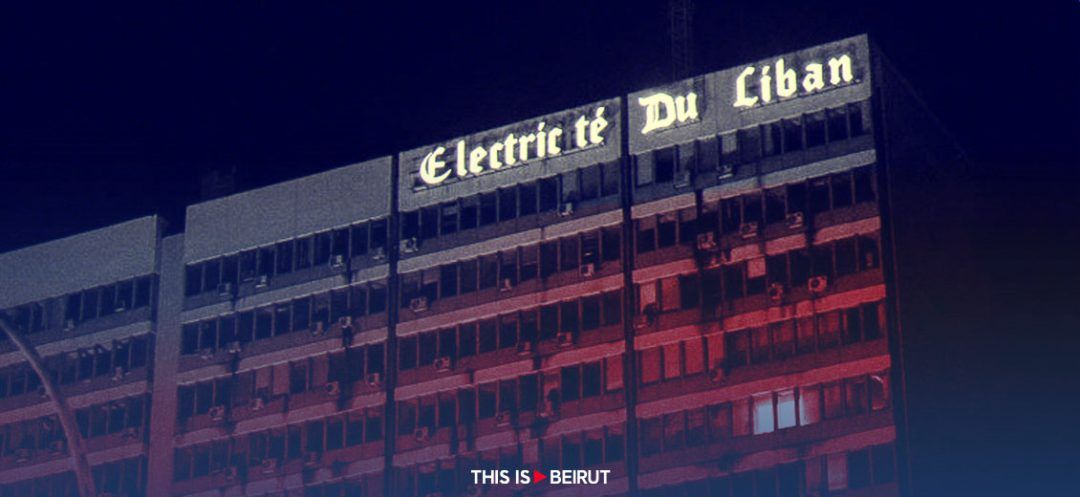
Caretaker Minister of Energy Walid Fayad announced in a press release that he had "received a call from the Oil Marketing Company’s (SOMO) General Manager and the Iraqi Ministry of Petroleum. They informed him of Iraqi Prime Minister Mohammad Al-Sudani’s approval and his authorizing the unloading of diesel fuel at the Zahrani and Deir Ammar power plants."
This decision follows a telephone conversation between Caretaker Prime Minister Najib Mikati and his Iraqi counterpart, as well as several attempts made by Fayad to resolve the fuel payment crisis and spare Lebanon from total darkness.
Since July 6, Électricité du Liban (EDL) has been forced to shut down a production unit at the Zahrani plant and completely shut down the Deir Ammar plant in order to preserve its stock. These measures ensured around four extra days of power, ending Thursday. These units will be brought back into service once the cargo has been unloaded, thereby restoring supply.
It should be recalled that EDL announced on Monday that it was implementing preventive measures to avoid a blackout until it receives the shipment of the second portion of diesel allocated for June 2024. In a press release, the public supplier explained that it had had to resort to preventive measures to extend the period of energy production as far as possible. The preventive measures were also implemented to maintain a continuous power supply, 24 hours a day, for vital installations such as the airport, port, water pumps, and sewers, in order to avoid a total blackout.
According to EDL, the delay in delivery is attributable to a delay in the disbursement of funds by the Central Bank, preventing the public electricity supplier from paying for the necessary diesel.
Electricity production in Lebanon currently relies on the Zahrani and Deir Ammar power plants, while those at Jiyeh and Zouk are in need of maintenance. Zahrani and Deir Ammar receive diesel fuel supplied to EDL by the Ministry of Energy on a monthly basis under the exchange agreement signed between Iraq and Lebanon on July 23, 2021. This agreement, which came into effect in September 2021, stipulates that Iraq supply fuel to Lebanese power plants on advantageous terms, with a quantity set at 100,000 tons per month. However, due to the high sulfur content of Iraqi fuel, which cannot be used directly in Lebanese power plants, Lebanon purchases a compatible type of fuel from other suppliers selected by tender. In exchange, these suppliers receive Iraqi fuel.
This decision follows a telephone conversation between Caretaker Prime Minister Najib Mikati and his Iraqi counterpart, as well as several attempts made by Fayad to resolve the fuel payment crisis and spare Lebanon from total darkness.
Since July 6, Électricité du Liban (EDL) has been forced to shut down a production unit at the Zahrani plant and completely shut down the Deir Ammar plant in order to preserve its stock. These measures ensured around four extra days of power, ending Thursday. These units will be brought back into service once the cargo has been unloaded, thereby restoring supply.
It should be recalled that EDL announced on Monday that it was implementing preventive measures to avoid a blackout until it receives the shipment of the second portion of diesel allocated for June 2024. In a press release, the public supplier explained that it had had to resort to preventive measures to extend the period of energy production as far as possible. The preventive measures were also implemented to maintain a continuous power supply, 24 hours a day, for vital installations such as the airport, port, water pumps, and sewers, in order to avoid a total blackout.
According to EDL, the delay in delivery is attributable to a delay in the disbursement of funds by the Central Bank, preventing the public electricity supplier from paying for the necessary diesel.
Electricity production in Lebanon currently relies on the Zahrani and Deir Ammar power plants, while those at Jiyeh and Zouk are in need of maintenance. Zahrani and Deir Ammar receive diesel fuel supplied to EDL by the Ministry of Energy on a monthly basis under the exchange agreement signed between Iraq and Lebanon on July 23, 2021. This agreement, which came into effect in September 2021, stipulates that Iraq supply fuel to Lebanese power plants on advantageous terms, with a quantity set at 100,000 tons per month. However, due to the high sulfur content of Iraqi fuel, which cannot be used directly in Lebanese power plants, Lebanon purchases a compatible type of fuel from other suppliers selected by tender. In exchange, these suppliers receive Iraqi fuel.
Read more



Comments